– You took over the Budapest office of the Organization of Turkic States (OTS) in April, but as a turkologist and former ambassador to Ankara, you are no stranger to the Turkic world and diplomacy. What has your experience been like throughout your career? How do Turks and the peoples of Central Asia view Hungarians?
– Positively. Anyone who has ever been to Turkey knows that when you mention the word "Magyar," even the most ordinary person will light up, pat you on the back, and tell you that we are brothers. Although to a lesser extent, we are also treated with sympathy in Central Asia. It's a good feeling because there aren't many parts of the world where I can say that I'm Hungarian and be embraced by people. But let me share a bit about my background and how I got involved in diplomacy, as these are usually separate careers. I studied Turkish language, literature, and history, with a particular interest in Inner and Central Asia. I even wrote a book on Inner Asian history, which indirectly led me into diplomacy. I was 45 years old at the time of the regime change, when the unfolding changes in the early 1990s reached the foreign ministry. That's when I was asked to travel to Turkey. I was surprised and unprepared, but after a short period of reflection, I accepted the position of consul general in Istanbul. Towards the end of my first year, I received a phone call asking whether—after the current ambassador's mission in Ankara ended—I would take over the position. It was a great honor, and I said yes. From 1999 to 2003, I served as Hungary's ambassador to Tehran. I returned home in 2003 and have since pursued my academic career as a professor in the Department of Turkish Philology at Eotvos Lorand University. After I retired, I became professor emeritus.
– What plans did you have when you took over the office?
– The assignment came just as unexpectedly as the call from the foreign ministry and the two ambassadorships. As a retiree, I was focused on my academic work, not thinking much about diplomacy. In the meantime, unfortunately, a tragedy occurred: my colleague Janos Hovari, who was ten years younger than me and who was also a turkologist, had worked in the foreign ministry as deputy state secretary and ambassador to various countries. He died tragically last August. He had been head of OTS since 2019, but the position remained vacant for a long time after his death. It was difficult to find someone well-versed in the Turkic world and diplomacy, as the tasks of the OTS chief require diplomatic experience; without these, the job cannot be suitably done. Eventually, I was asked to head the office.
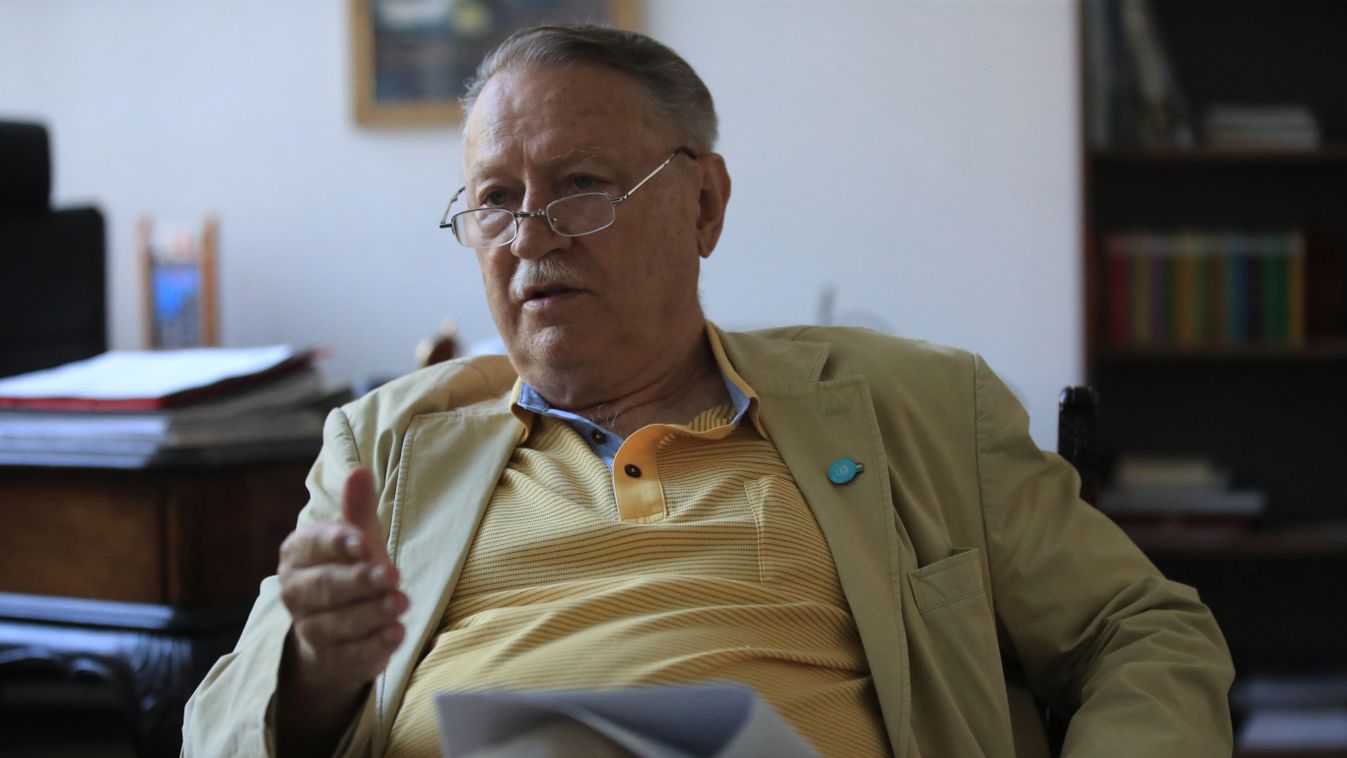
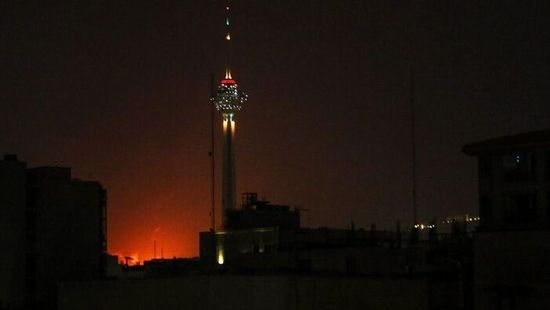
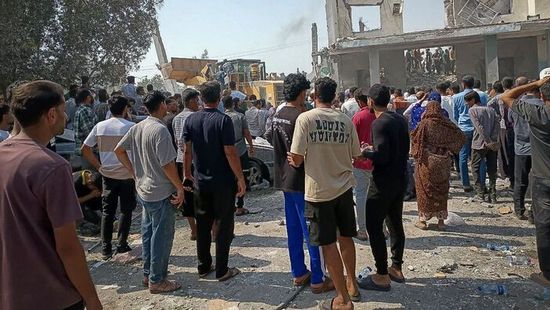
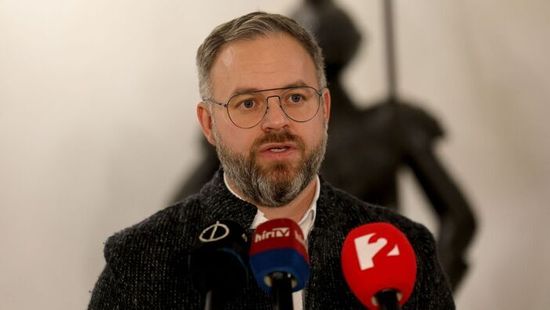
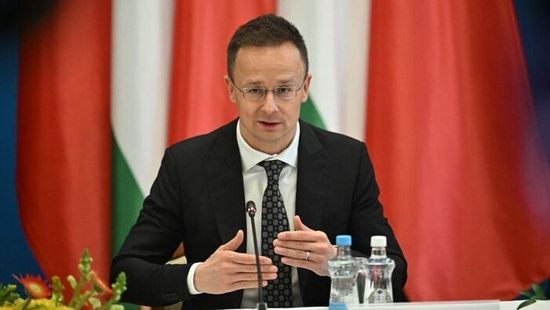

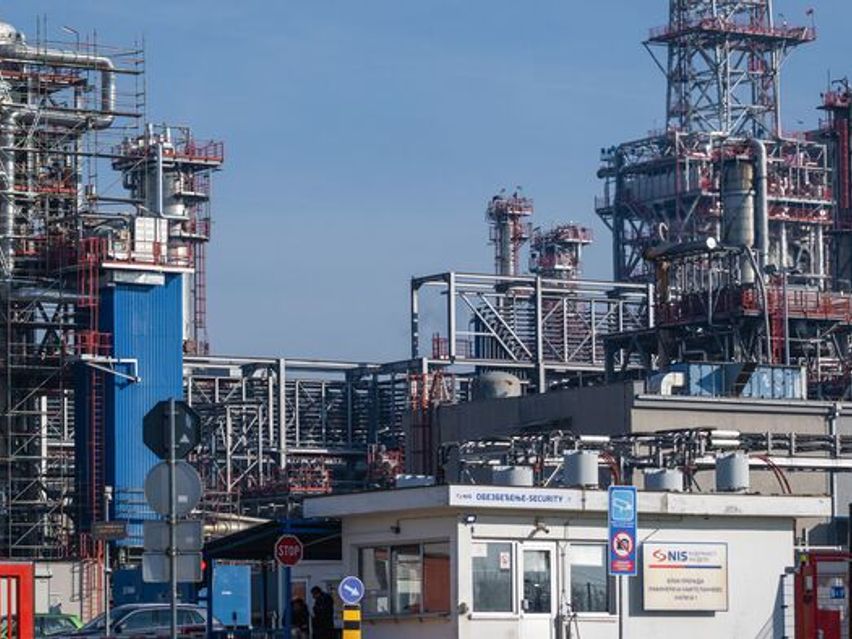
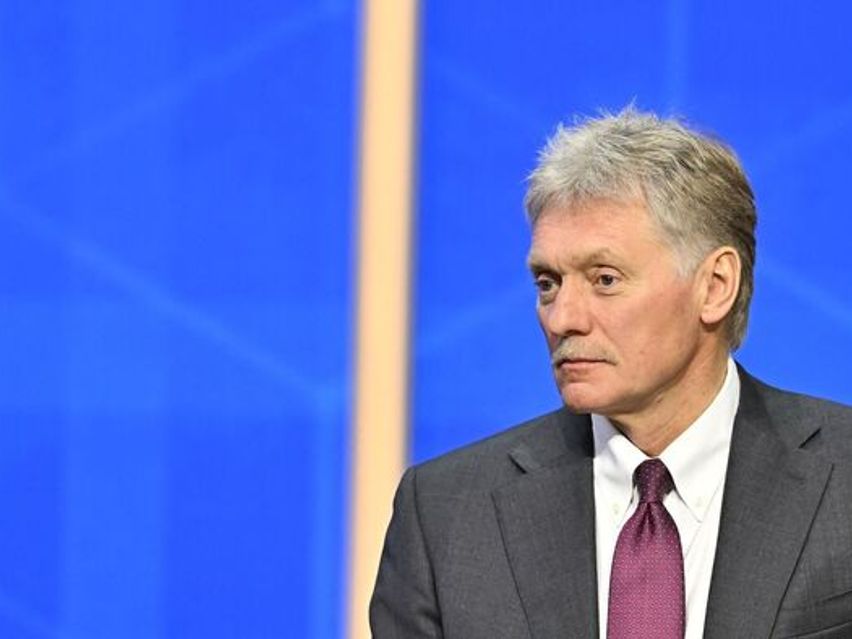
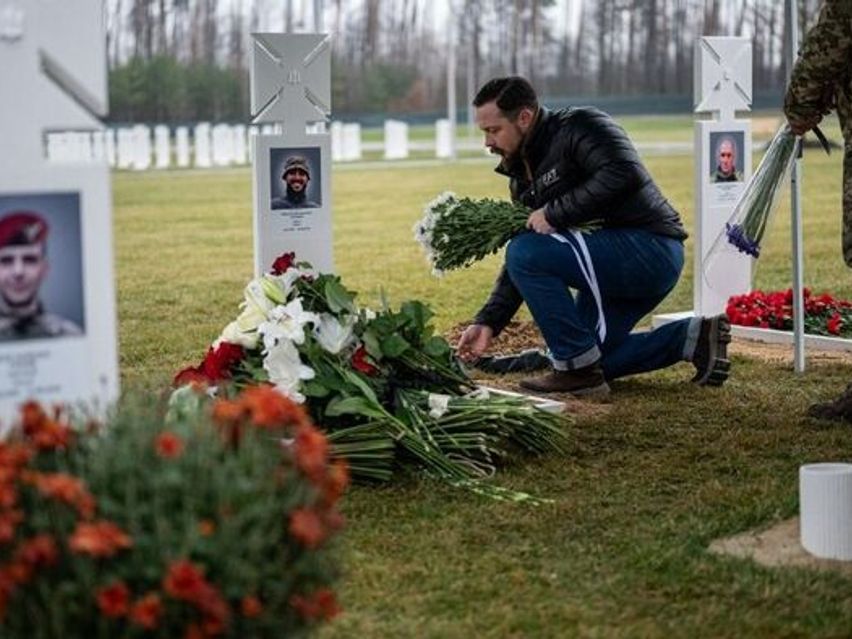
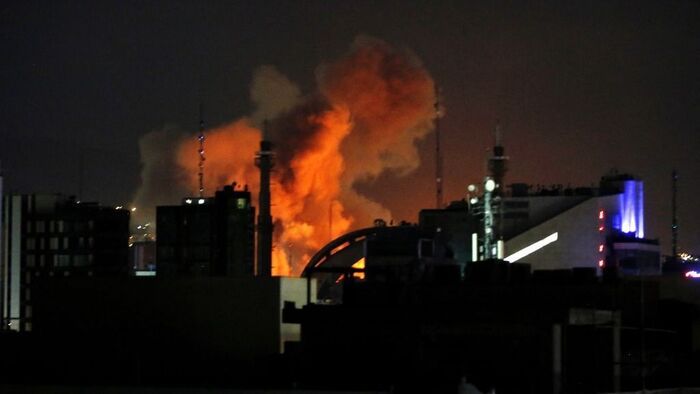

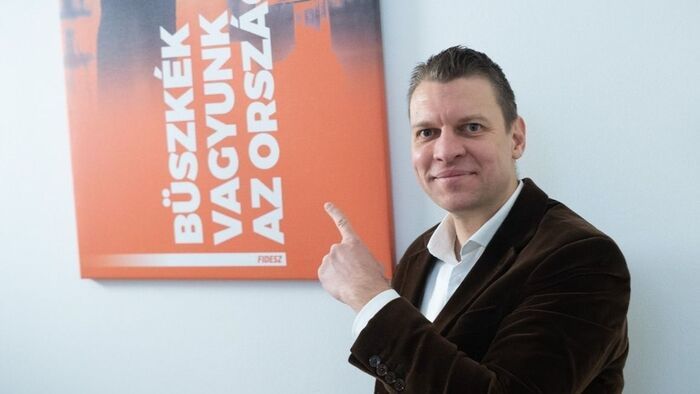
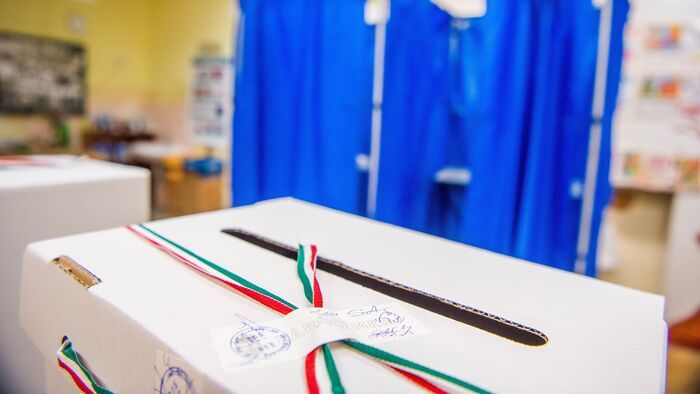
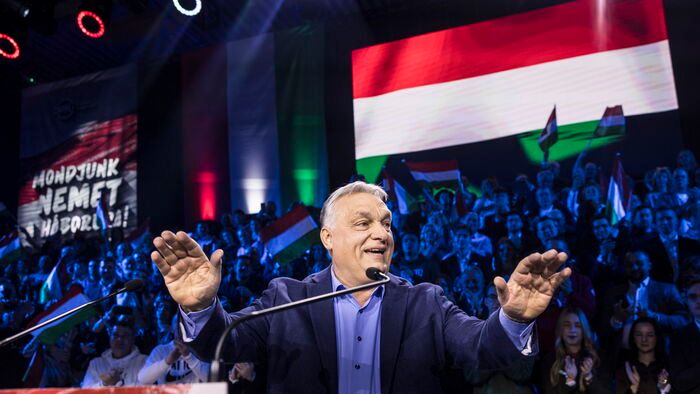
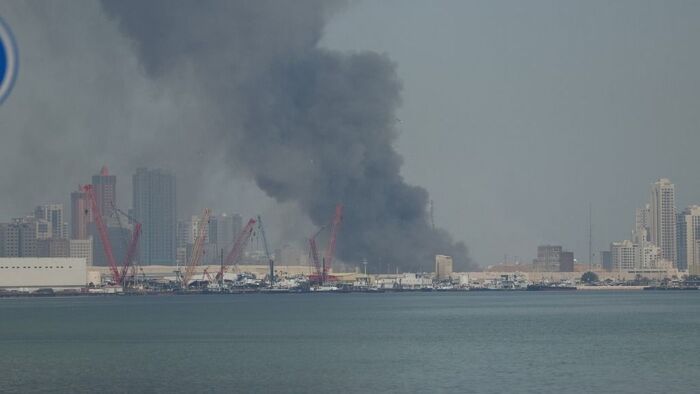
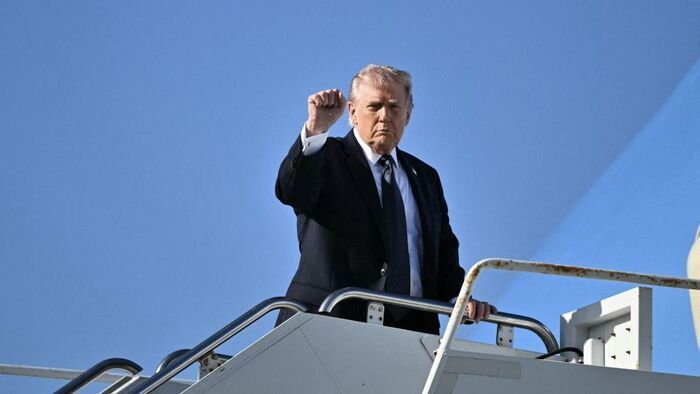

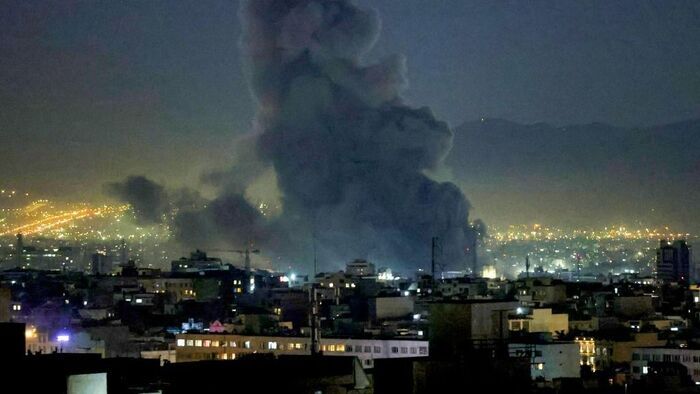

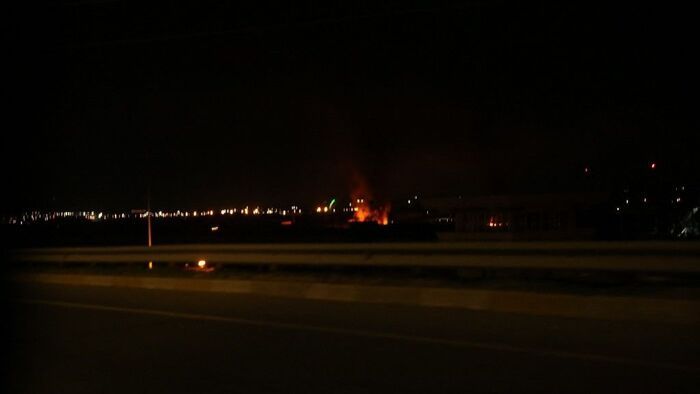
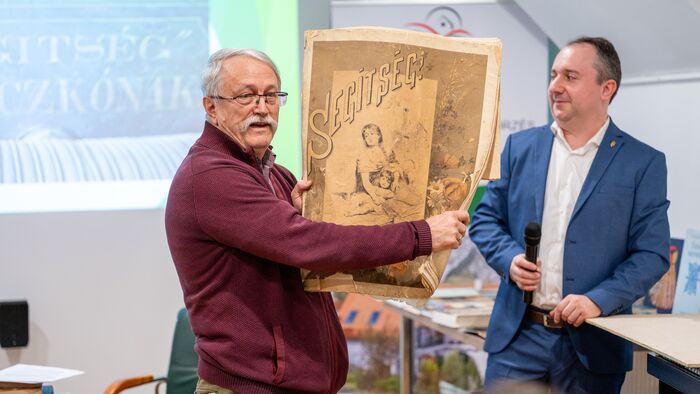


Szóljon hozzá!
Jelenleg csak a hozzászólások egy kis részét látja. Hozzászóláshoz és a további kommentek megtekintéséhez lépjen be, vagy regisztráljon!